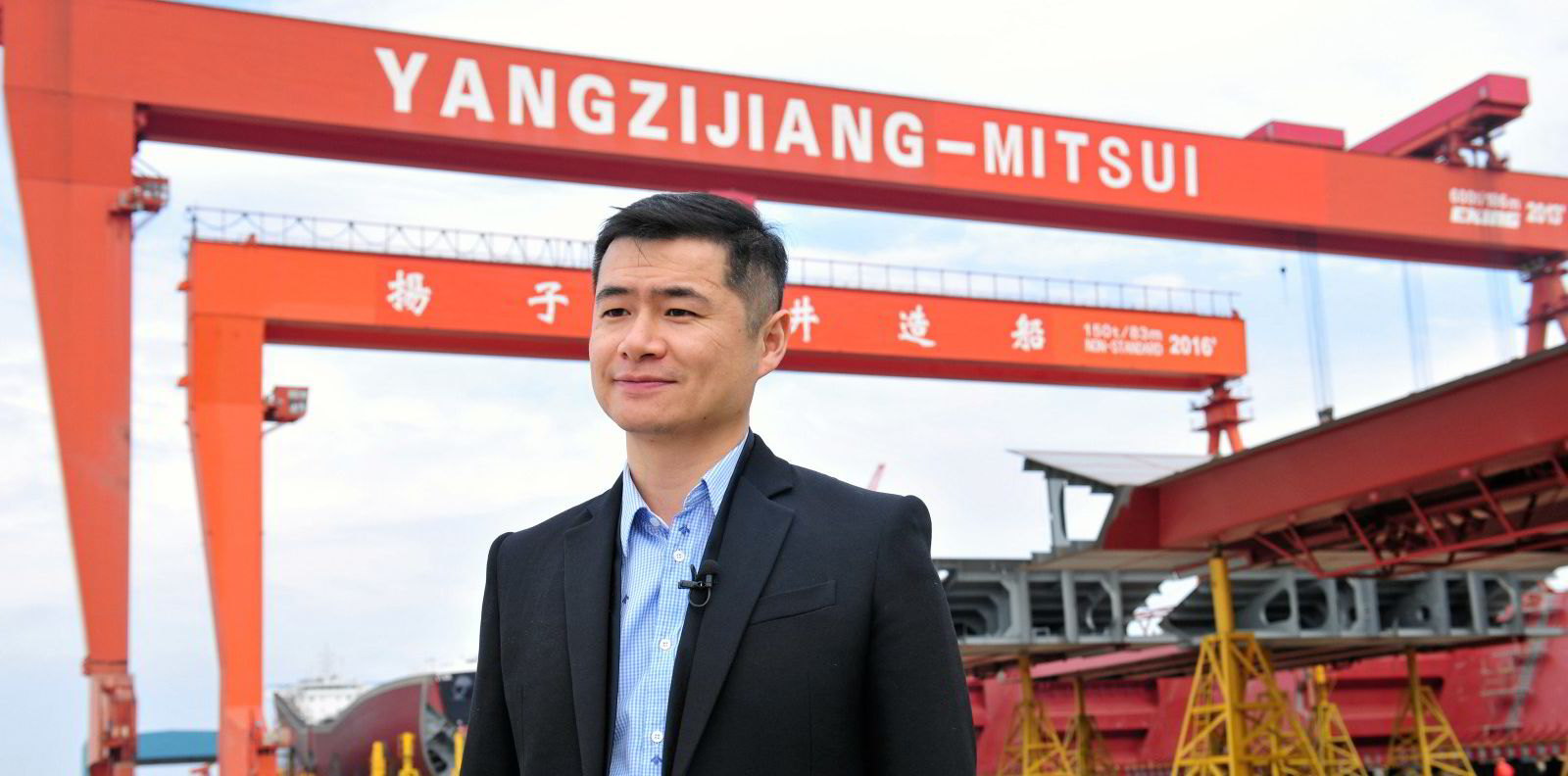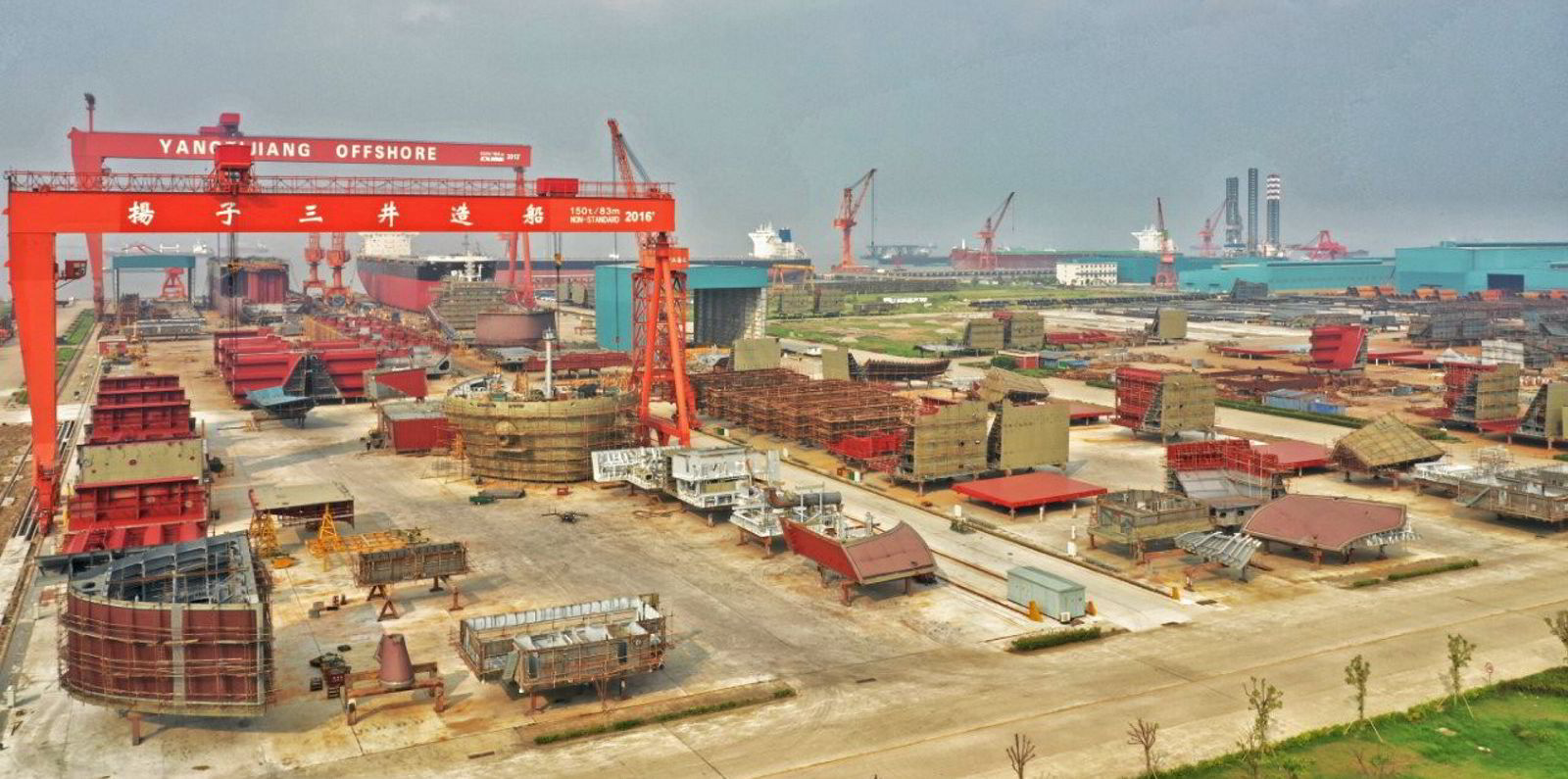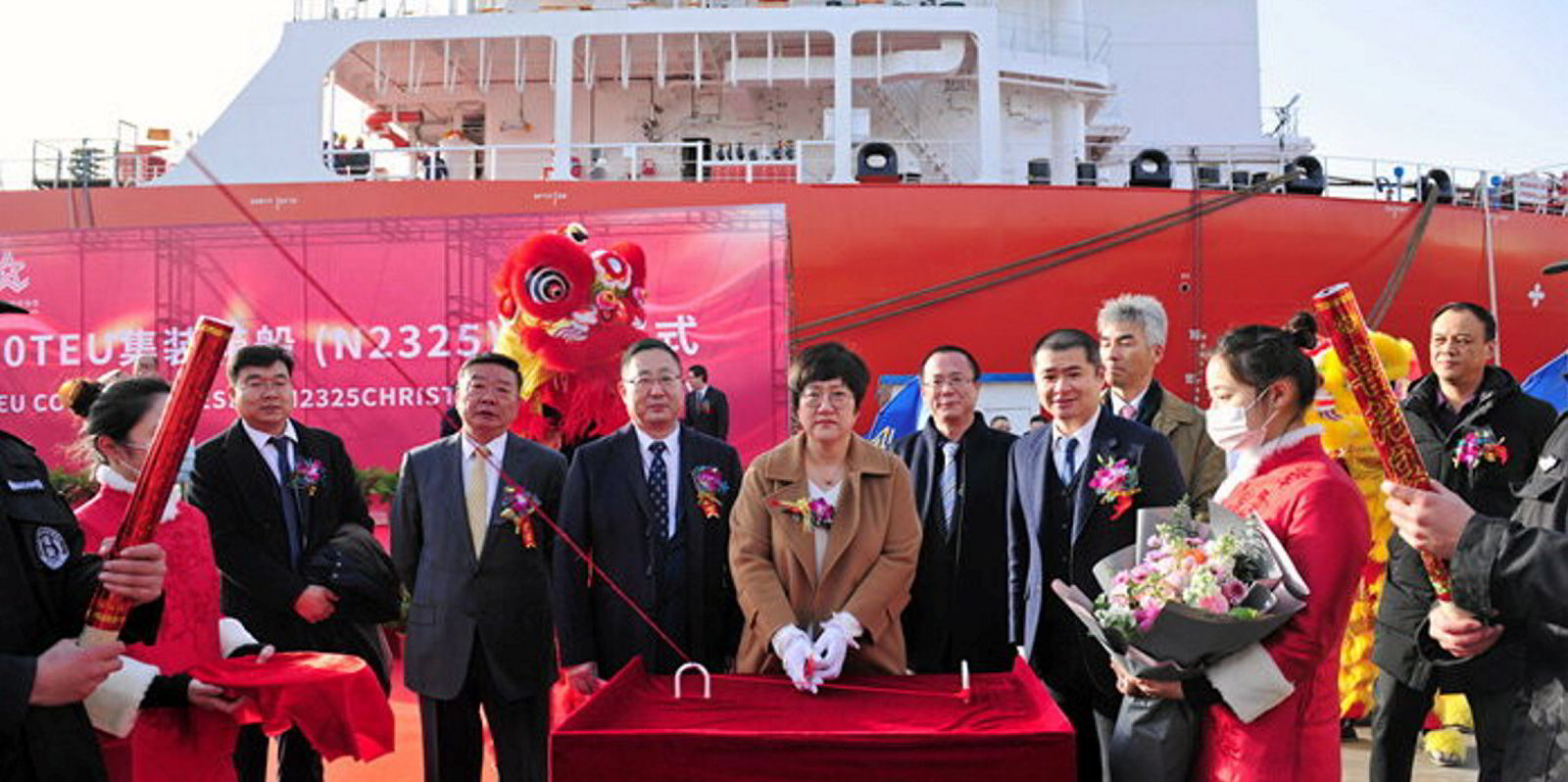Singapore-listed Yangzijiang registered a spike in earnings in the second half of 2021, reporting a net profit of CNY 2.6bn ($327m), up 54% from the CNY 1.34bn of the same period in 2020.
For the full year, Yangzijiang's total revenue was CNY16.77bn, up 13% from a year ago, while its net profit was CNY 3.7bn, compared with CNY 2.52bn for 2020.
Core shipbuilding revenue for second half of 2021 increased by 80% from CNY 4.6bn to CNY 8.4bn, as the company delivered 27 vessels as compared with 17 in the same period in the previous year.
But the gross margin was 15% lower than in the second half of 2020, which it attributed to “lower contracting prices, rising material costs and the appreciation of CNY against the dollar”.
The group’s shipping division registered an increase in revenue of CNY 184m to CNY 551m in the same period due to improved charter rates and an expanded fleet of 26 vessels. The company posted a gross profit margin of 42%, up from 29% from a year ago.
Yangzijiang saw revenue generated by other shipbuilding-related business, such as trading and design services, fall in the second half of the year. Interest income from its investment segment also declined by 14%.
Yangzijiang said it received a record number of orders for 124 vessels in 2021 with a total contract value of $7.41bn. It has an order backlog amounting to $8.5bn, with container ships making up 83% of this.
“The group remains well-positioned to generate strong cash flows from operations as it fulfils orders placed and will seek to achieve operational excellence in our production lines to improve production efficiency,” said Yangzijiang.
“The longer-term outlook for shipbuilding continues to remain positive with underlying demand supported by the need to meet new environmental regulations, improved efficiencies and new technologies,” the shipbuilder added.
Meanwhile, Yangzijiang has obtained clearance to spin off its investment business into a separate entity that will be listed on the Singapore Exchange.
It said the move would allow “the group to focus on its core shipbuilding business, strengthening its corporate governance and is likely to attract new investors to come on board”.
“This could also lead to a revaluation of the company, as it can be directly compared to other listed peers such as the South Korean and Japanese shipbuilders,” said Yangzijiang.
“A successful spin-off is also expected to unlock deep value for all shareholders, enabling both entities to maximise value for its shareholders given enhanced flexibility in pursuing growth opportunities.”






